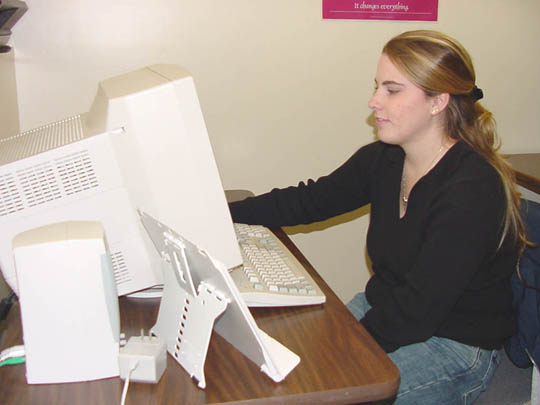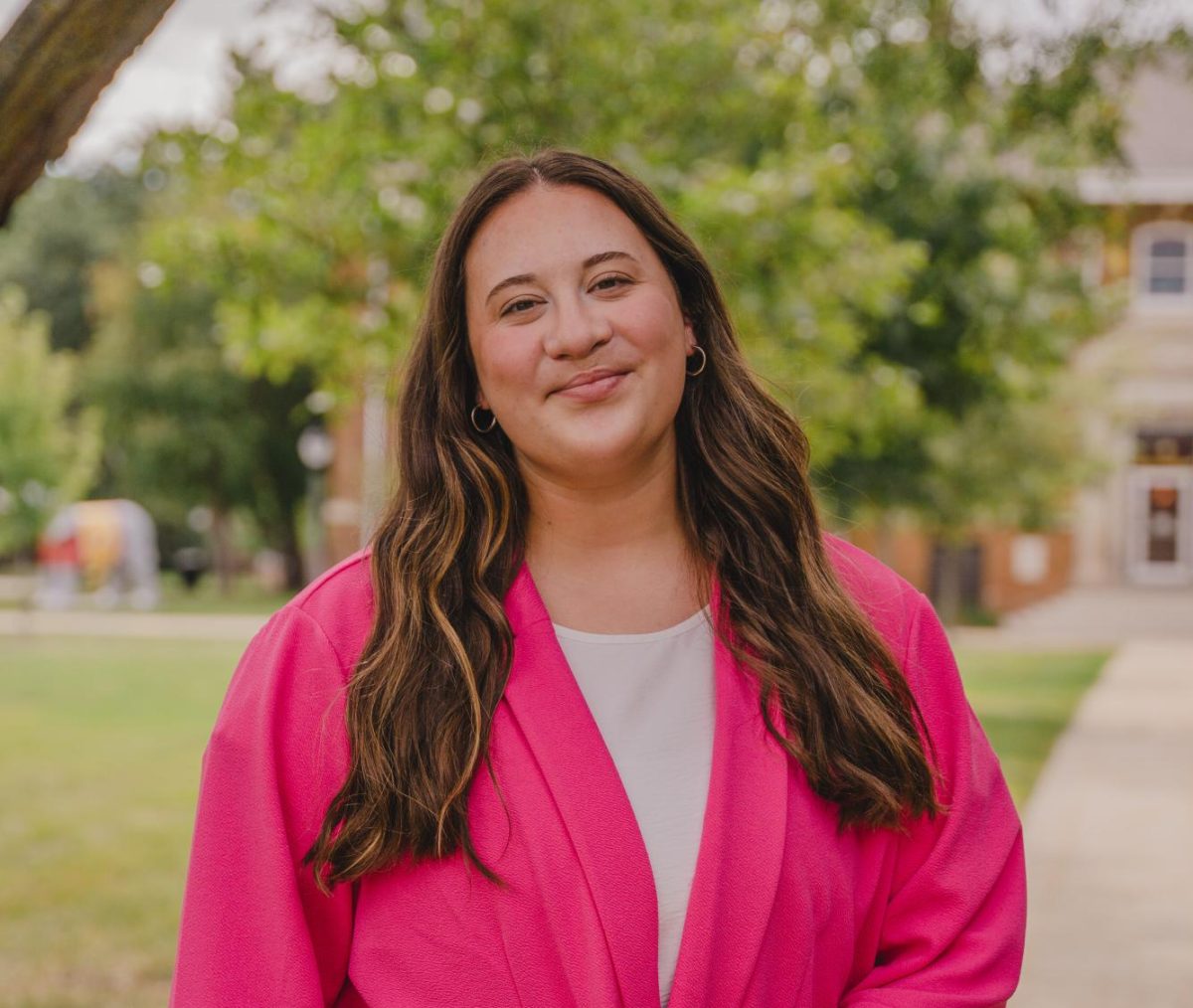Simpson not the final stop for studious seniors

November 14, 2002
For some students, the worries about filling out applications and getting into a good school end with college acceptance letters. However, for some Simpson students, these worries are beginning all over again.
On top of heavy classloads, students planning to attend graduate school are preparing for entrance exams, such as the MCAT for medical school, the LSAT for law school and the GMAT for management. Plus, the deadlines for grad school applications and the lengthy statements associated with them are growing closer each day.
Senior Scott Brown made sure to take care of these preliminary measures early on in the year. Now, his future is in the hands of the law schools he applied to.
“I’m in the process of seeing if any one has accepted me yet,” Brown said. “But it hasn’t been too stressful. If I had waited [till now] to do all the personal statements it would have been a lot more pressure. Right now I’m in a sit and wait position.”
Brown applied to Iowa, Drake, Colorado and Minnesota, but does not have a top choice. He says that law school has been in the back of his mind since his first year of college.
“When I got to college,” Brown said, “I wasn’t really drawn to anything else. I’ve always been attracted to it. I haven’ t really thought about what would happen if I don’t get in.”
According to Brown, students must have a goal in mind when they first enter college and keep working towards it.
“You have to be willing to work hard in undergrad to keep your GPA up,” Brown said. “Then you have to continue that for the next three or four years.”
Brown said that the right classes can also help students prepare for what’s to come in graduate school.
“I took a lot of classes that would make me read and write a lot,” Brown said.
“I also took some philosophy and psychology, just to get me thinking a little more abstractly. The things that I have done academically would work well in a law school setting.”
For fifth-year senior Brant Chambers, continuing education means getting his second bachelor’s degree. Chambers will be attending Iowa State next semester to work on his engineering degree. Like Brown, the right classes helped Chambers.
“I’ve done the pre-engineering stuff at Simpson,” Chambers said. “Calc I and II, Physics and computer classes. I wanted to make money, and I knew that I couldn’t do that with my first degree [in sports administration].”
Chambers said that he changed his major many times before deciding on engineering. In retrospect, Chambers recommends researching a major early on and sticking with it during college.
“I’ve changed my major a lot and that’s why I’ve been here for so long. It’s really hurt me in the long run.”
There is much for students who are interested in a second degree to do, according to Todd Little, director of Hawley Resource Center.
“From my standpoint,” Little said, “students can come [to Hawley] to prepare for the graduate exams.”
From working with students planning to seek another degree, Little hears them express some of the same concerns.
“For some, the main worry is paying for graduate school. But I would say the majority of them want to continue their education and will work hard to do that,” Little said.
Brown said he is confident that it will not be a problem to afford graduate school.
“Law schools are extremely competitive when it comes to getting students,” Brown said. “Plus they offer financial aid.”




